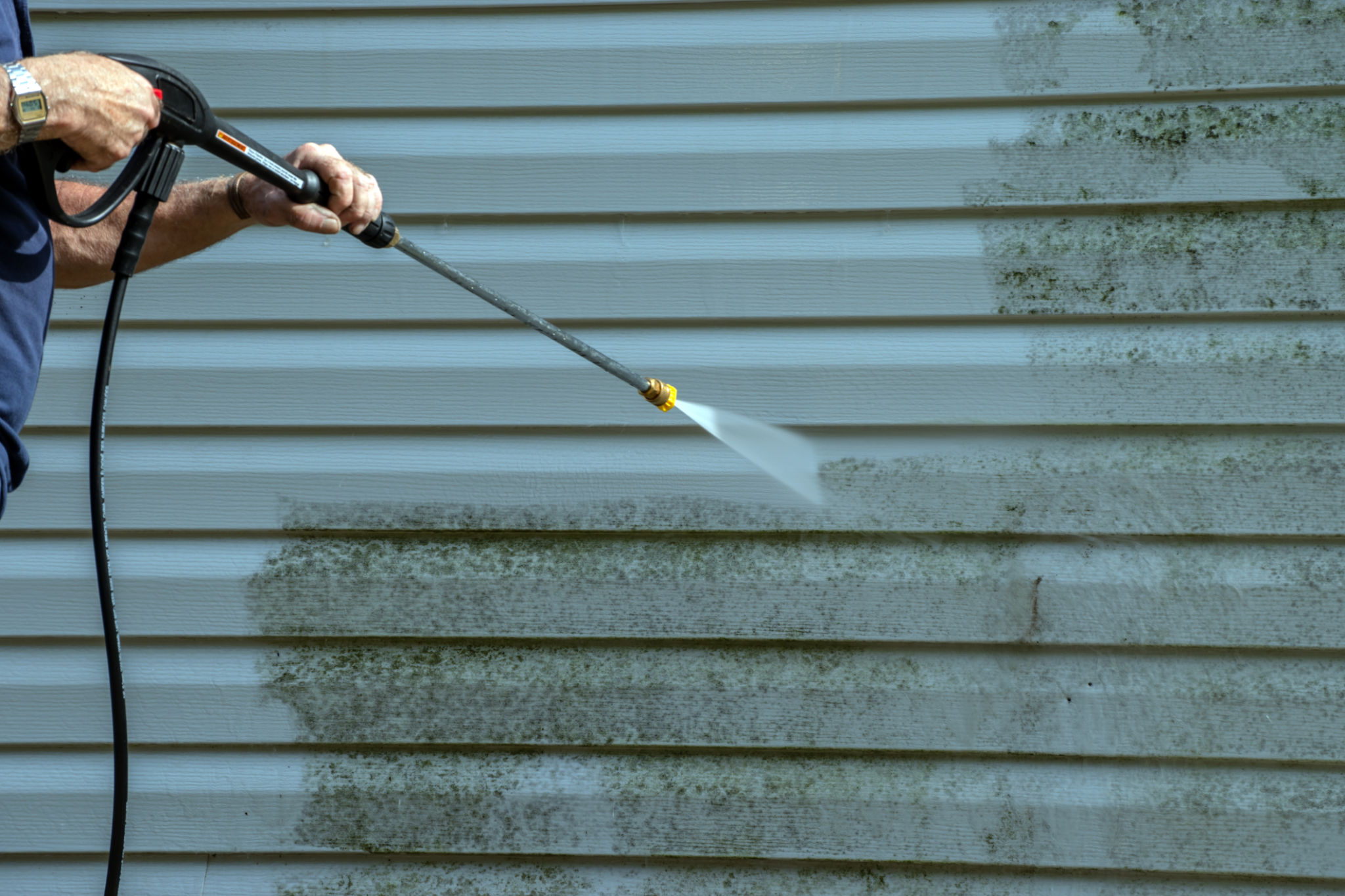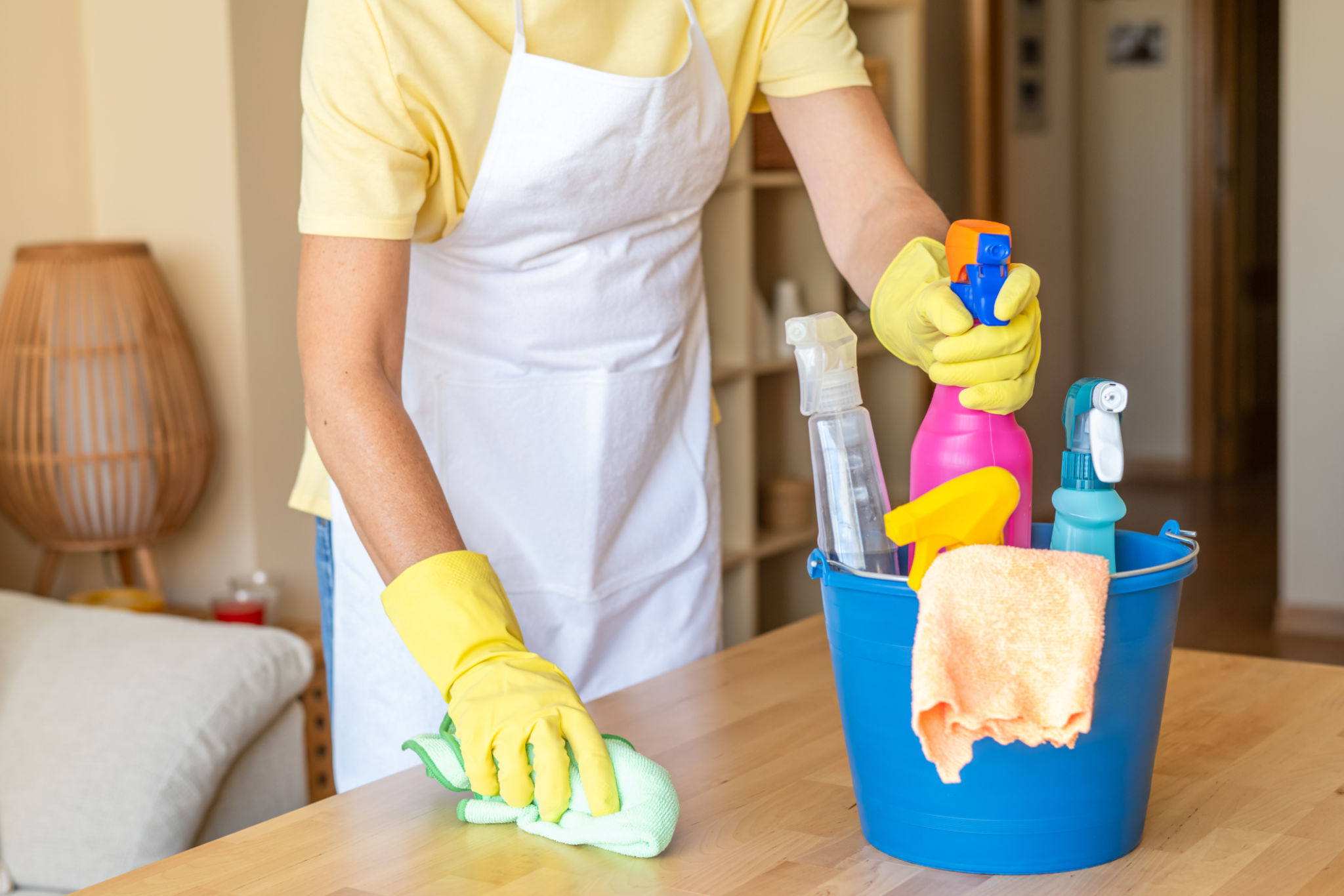Common Myths About Power Washing Debunked
Introduction to Power Washing Myths
Power washing is a popular method for cleaning various surfaces, but it is often surrounded by misconceptions. These myths can lead to misunderstandings and improper use, potentially causing damage or reducing effectiveness. Here, we aim to debunk some of the most common myths about power washing to help you better understand and utilize this powerful cleaning technique.

Myth 1: Power Washing Is Only for Professionals
Many people believe that power washing should only be handled by professionals. While it's true that professionals have the experience and equipment to tackle large or complex jobs, residential power washers are designed for ease of use by homeowners. With some basic knowledge and safety precautions, you can effectively power wash your home's exterior, deck, or driveway.
Safety First
It's important to follow safety guidelines when using a power washer. Wear protective clothing, goggles, and gloves to protect yourself from debris and high-pressure water. Additionally, make sure to read the manufacturer's instructions and start with a low-pressure setting to avoid damaging surfaces.
Myth 2: Power Washing Can Damage All Surfaces
Another prevalent myth is that power washing can damage any surface it is applied to. While high-pressure water can indeed damage certain materials if used improperly, it is safe for many common surfaces when done correctly. The key is to adjust the pressure and nozzle according to the material you're cleaning.

Surface-Specific Tips
For delicate surfaces like wood or painted areas, use a lower pressure setting and a wider spray nozzle. Conversely, harder surfaces like concrete can handle higher pressures. Always test a small, inconspicuous area first to ensure the pressure setting is appropriate for the surface.
Myth 3: Power Washing Is Bad for the Environment
There is a misconception that power washing wastes water and harms the environment. In reality, power washing can be more environmentally friendly than other cleaning methods. It uses less water than a garden hose and can reduce the need for harsh chemicals when removing dirt and grime.
Eco-Friendly Practices
To make power washing even more eco-friendly, consider using biodegradable detergents and recycling water when possible. Also, be mindful of local regulations regarding water runoff and disposal of cleaning agents.

Conclusion: Making the Most of Power Washing
By debunking these common myths, we hope to provide clarity on the benefits and proper use of power washing. It is a versatile and effective cleaning method when used correctly, suitable for both professionals and homeowners. Always stay informed about best practices and safety measures to ensure optimal results without causing harm to surfaces or the environment.
